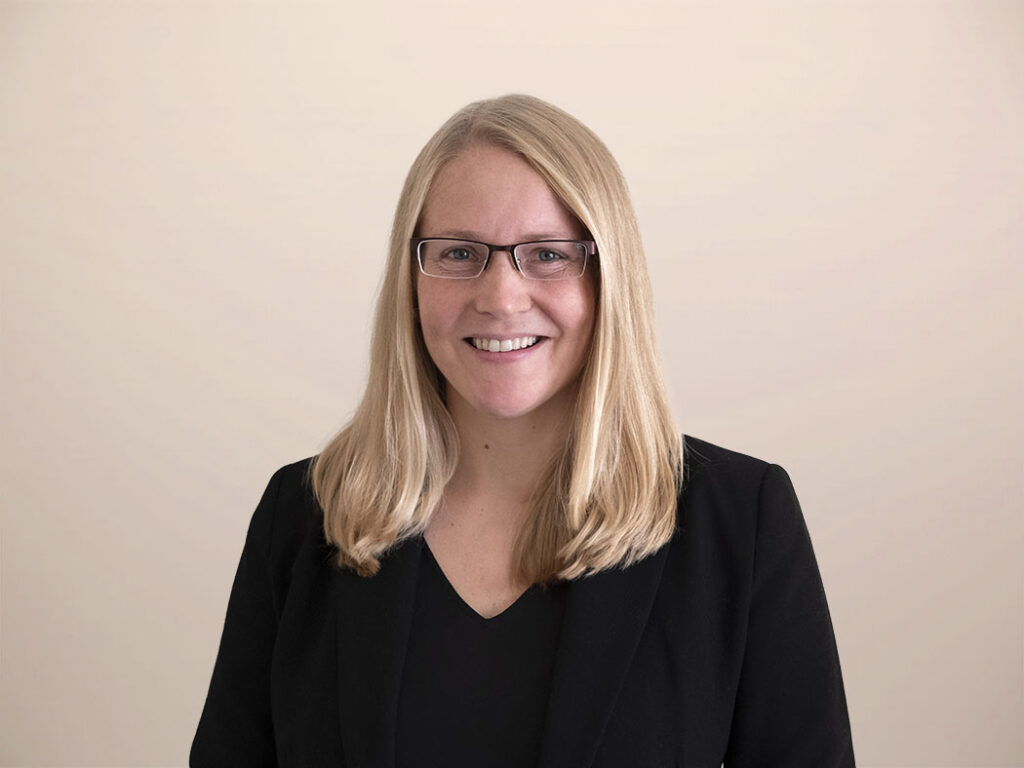June 2021 Research Recap — Cloud And Tech Operations
Greetings everyone! Each month, the infrastructure and operations (I&O) team writes incredible research. As a research director, I get to not only see the final outcome but also all of the work and client insights that went into its creation. For those who know me, I am quick to call these out via inquiry calls — but I’d love to capture this on a more permanent platform. For 2021, I’m hoping to blog each month, highlighting a few of my favorites and including links to the full body of work published that month. This past month we’re a little light, since we’re holding a number of reports for publication for our August 2, 2021, Forrester Decisions launch. Here are my favorites for the month of June, which both fall into the cloud side of the house:
“Assess The Viability Of An Open Source Project” — The report opens up with “open source is great until it’s not,” with tales of open source projects that lost momentum and quickly became legacy stacks that teams had to support. This report goes through the process for evaluating an open source cloud project. Attached to it are a couple of goodies. The PowerPoint goes through the assessment for some of the major open source cloud projects, so you don’t have to do that research. The Excel file takes the report and translates it into an actual assessment for you to populate. This type of research is meant to accelerate your cloud team.
“It’s Time To Bring Kubernetes Into Your Disaster Recovery Plan” — This report is Lee Sustar’s opening piece at Forrester, and I believe it really shows the background he brings to the Forrester cloud analyst team. No, disaster recovery (DR) isn’t as in vogue or as flashy as service mesh or containers at the edge, but it is an incredibly timely topic. As Kubernetes rises in importance to companies and ties into core workloads, enterprises need to think about the application of fundamental operations functions to these workloads. Lee goes step by step through how enterprises must solve for DR within the Kubernetes ecosystem. He even calls out where specific best practices live within community blogs, vendor recommendation pages, podcasts, etc. If it helps drive more excitement, we could look into inserting some lightning bolt graphics or queue dramatic music to play as your executive team reads this report. Ultimately, this will be the next stage of maturity in the K8s ecosystem and will be critical for its long-term momentum and viability. Lee is kicking off a series of reports that digs deep into Kubernetes at scale among everyday organizations — not just stories from Silicon Valley tech leaders.
Our New Cloud Research:
Assess The Viability Of An Open Source Project — description above.
The Forrester Wave™: Hybrid Cloud Management Software In China, Q3 2021 — Guannan Lu and Charlie Dai evaluated the major hybrid cloud management vendors from within the Chinese marketplace. You’ll note very little overlap with the US market, as these management players must support the major local public cloud platforms.
The Forrester Wave™: Salesforce Consulting Partners In Asia Pacific, Q2 2021 — Sam Higgins evaluates Salesforce consulting partners serving the Asia Pacific marketplace. Sam advises our clients on the best platforms, partners, and practices to use to meet their technology needs. This is his latest piece that helps companies make these critical decisions.
It’s Time To Bring Kubernetes Into Your Disaster Recovery Plan — description above.
Our New Tech Operations Research:
Now Tech: Enterprise Service Management, Q2 2021 — Forrester outlines the enterprise service management market using our Now Tech methodology. This report divides the marketplace into major functionality segments and provides some basic information on geos, revenue estimates, sample customers, and key verticals by each major vendor.
Bios And Recent Research For Each Of Our Cloud And Tech Operations Analysts
Jeffrey Hammond (AD&D)
Our International Analysts’ Bios And Research
Charlie Dai, based in Beijing, China
Sam Higgins, based in Sydney, Australia
Guannan Lu, based in Beijing, China
Paul Miller, based in London, England
Danny Mu, based in Beijing, China
